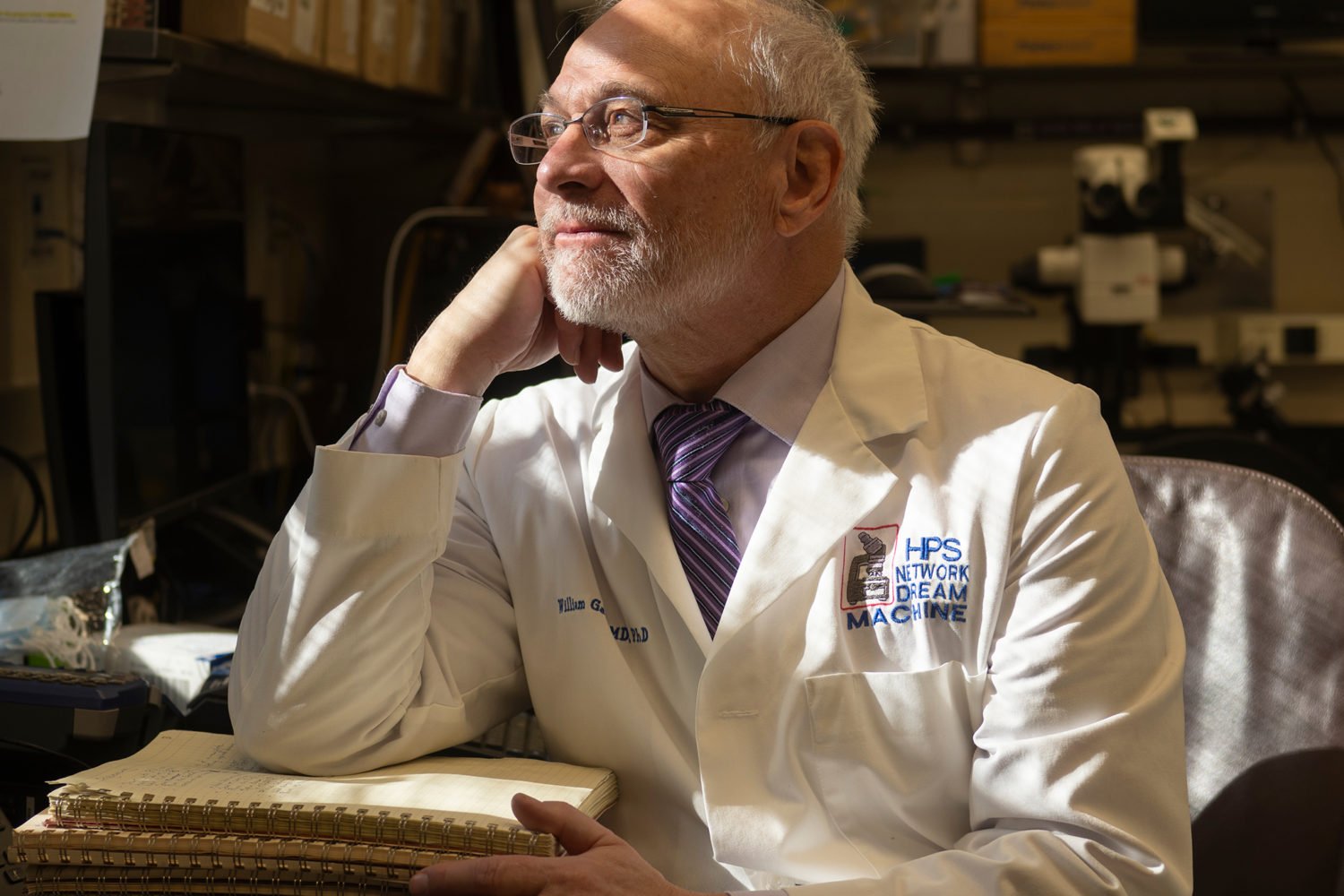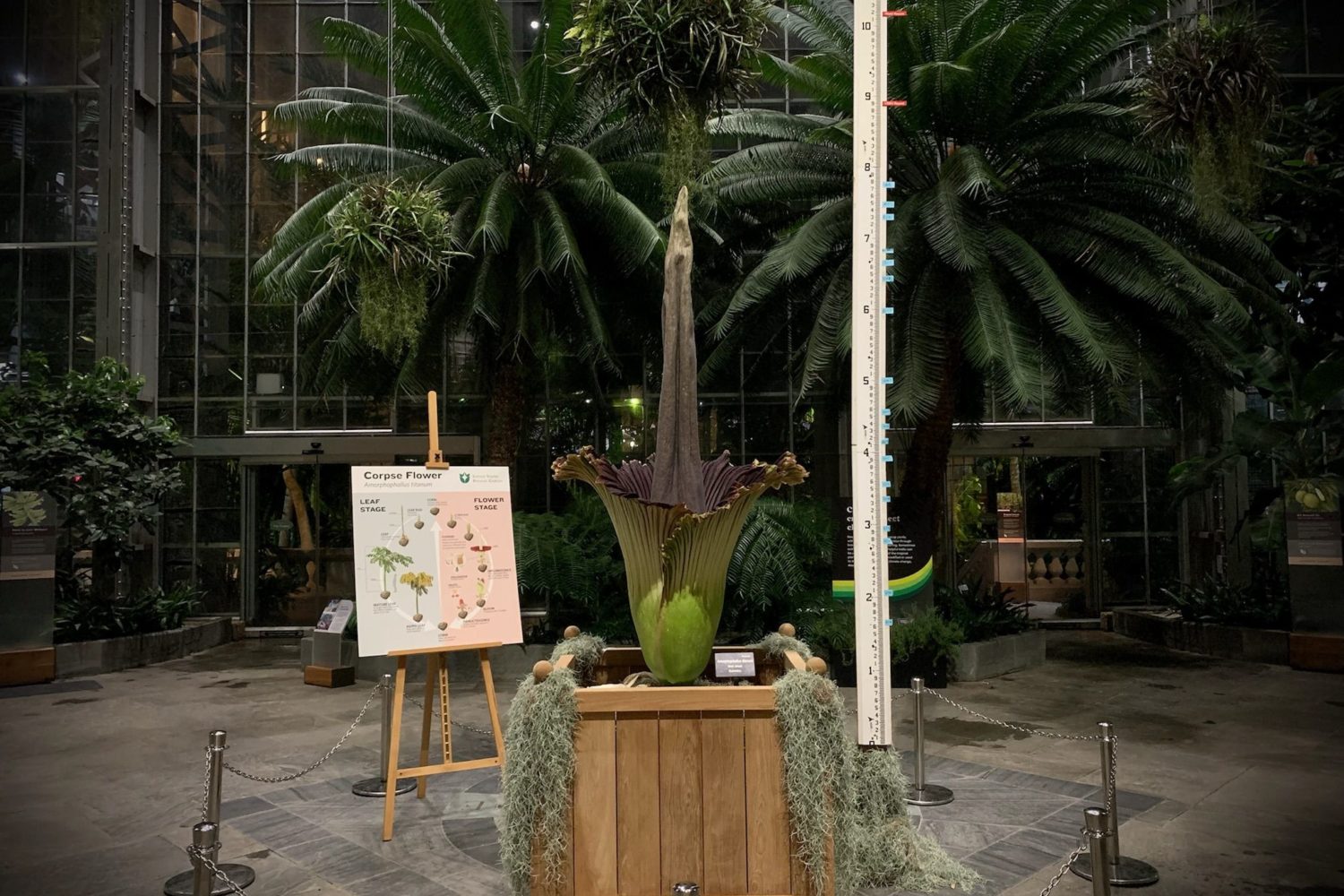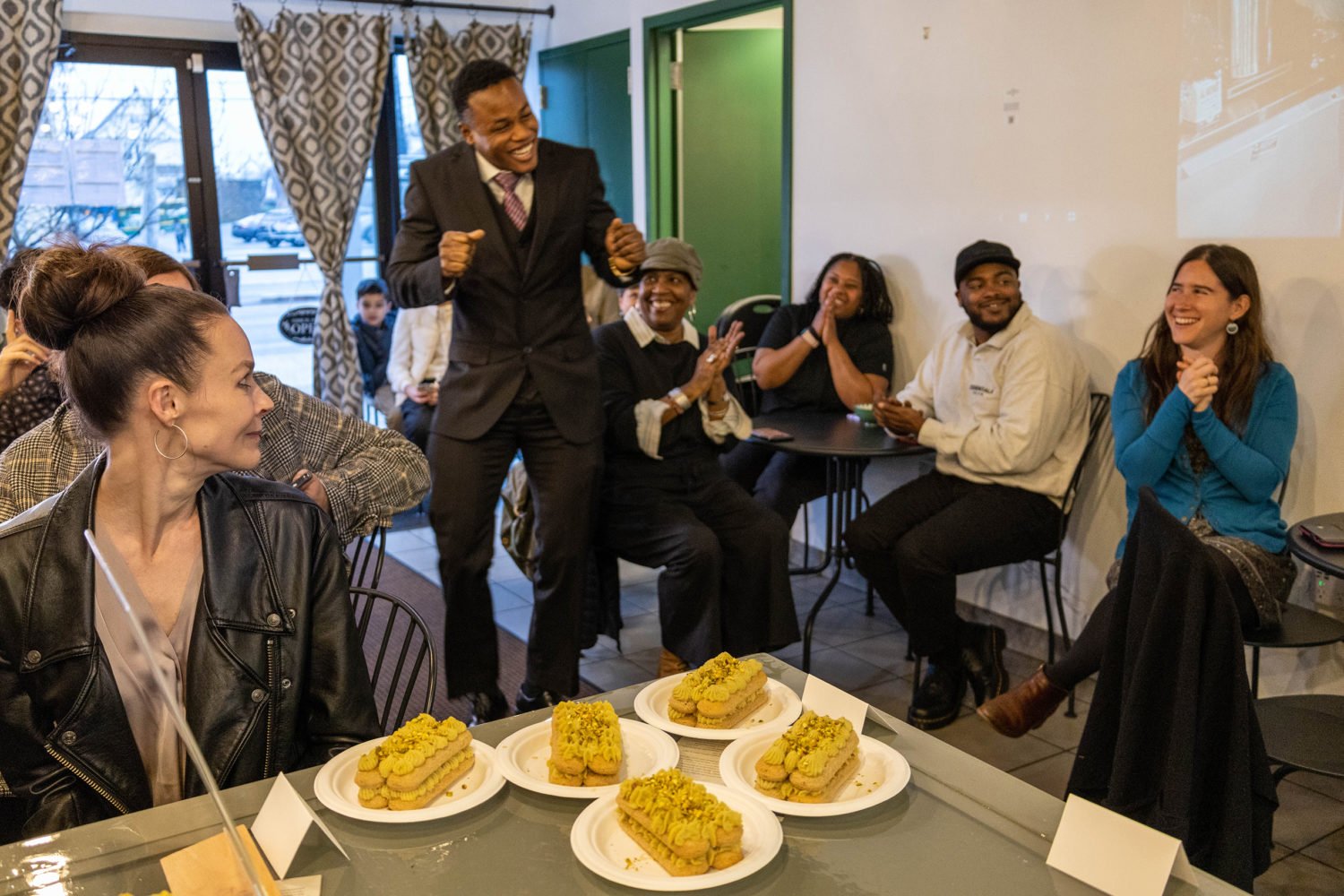Let’s start with the basics.
Sean Murphy, husband of Stephanie Murphy, who was first elected by Florida’s 7th District in 2016: “Stephanie and I have been married over 15 years and have two young kids: a son who’s eight and a daughter who’s four.
How did you take care of such young kids and run your sporting-goods label?
“We have a nanny who helps during the day. But if there are emergencies, there’s basically one person—me—who can handle that.”
Have you ever thought, “What am I doing, single-parenting”?
“Absolutely. There’s always really unique things happening in the kids’ lives. I document and video as much as I can for Stephanie. We use WhatsApp and Facetime and the phone. But her schedule is so busy that we’ve always got to tightly coordinate the time that she can see the kids or chat with them.”
How long does she get with them?
“We try to connect every day. Depending on the schedule, it could be five or ten minutes with each kid. Then Stephanie and I always try to chat toward the end of her night.”
What’s been the most difficult thing about the distance?
“A congressperson’s ‘schedule’ is more like a guideline. It’s changing all the time. You have to be flexible. It also comes down to having a good relationship with your spouse’s scheduler.”
What advice do you have for congressional spouses?
“The great thing is we’re seeing more working husbands who are stepping up to support their spouses. Get to DC to experience the craziness and meet the colleagues she may be talking about—it helps you feel more a part of what’s going on. One funny anecdote is that when we were up in Washington for orientation, my orientation gift was a purse. That kind of tells you what things were like. Now that we have male spouses, the spouses’ committee probably needs to get male input so we can have more appropriate gifts.”
This article appears in the February 2019 issue of Washingtonian.



















